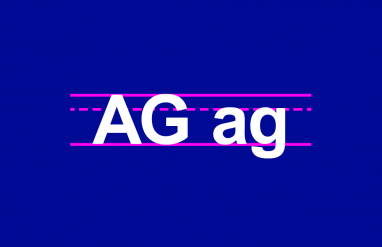Day 1: Word origins
Looking for more?
- Have you seen our Week 1 activities for elementary students?
- We’ve also released Week 3 for more daily activities. Take a look!
For thousands of years, people have looked to the stars and wondered what secrets they hold. This week’s activities will take you and your child on a journey through the universe, and we’ll learn some handy space vocabulary along the way. Far out!
Self-guided activities (with a little parental help):
1. Ask your child what comes to mind when they hear the word Mars.
A red planet? The home of tiny green aliens? A scrumptious candy bar?
- Read this article together to discover the origin of the word Mars: Why Is Planet Mars Named “Mars”?
2. Have your child write a list of the other planets in our solar system.
- Look up each name on Dictionary.com and find their origins.
- Help your child make a chart to record the information.
- Keep the chart in a safe place. You might use it for another activity!
3. What do the planets and days of the week have in common?
Watch this video find out!
WATCH: Where Did The Days Of The Week Get Their Names?
Family time activities:
1. Constellation search.
The names of constellations have interesting origins, too!
- Look up different constellations and research their word origins on Dictionary.com. (Orion, Cassiopeia, Ursa Major, and Scorpius are great places to begin!)
- Visit earthsky.org to learn which constellations should be visible from your area this time of year.
- On a clear night, try to find a constellation in the sky. What does each constellation look like? Does it look like the object or legend it was named for?
2. Indoor constellations.
If the weather does not cooperate or you live in a place with a lot of light pollution, you can make your own constellations.
- Find a visual reference for a constellation.
- Have your child use a toothpick to punch holes into a paper place in the shape of the constellation. Each hole represents one star. The brightest stars should be the biggest holes.
- Shine a flashlight through the plate toward the ceiling.
- Turn out the lights and stargaze!
3. Imagine that scientists have discovered a new planet, and they have asked your family to name it!
What would you call this planet, and why?
4. Read a story about one of the mythological figures for whom a planet or constellation is named.




















